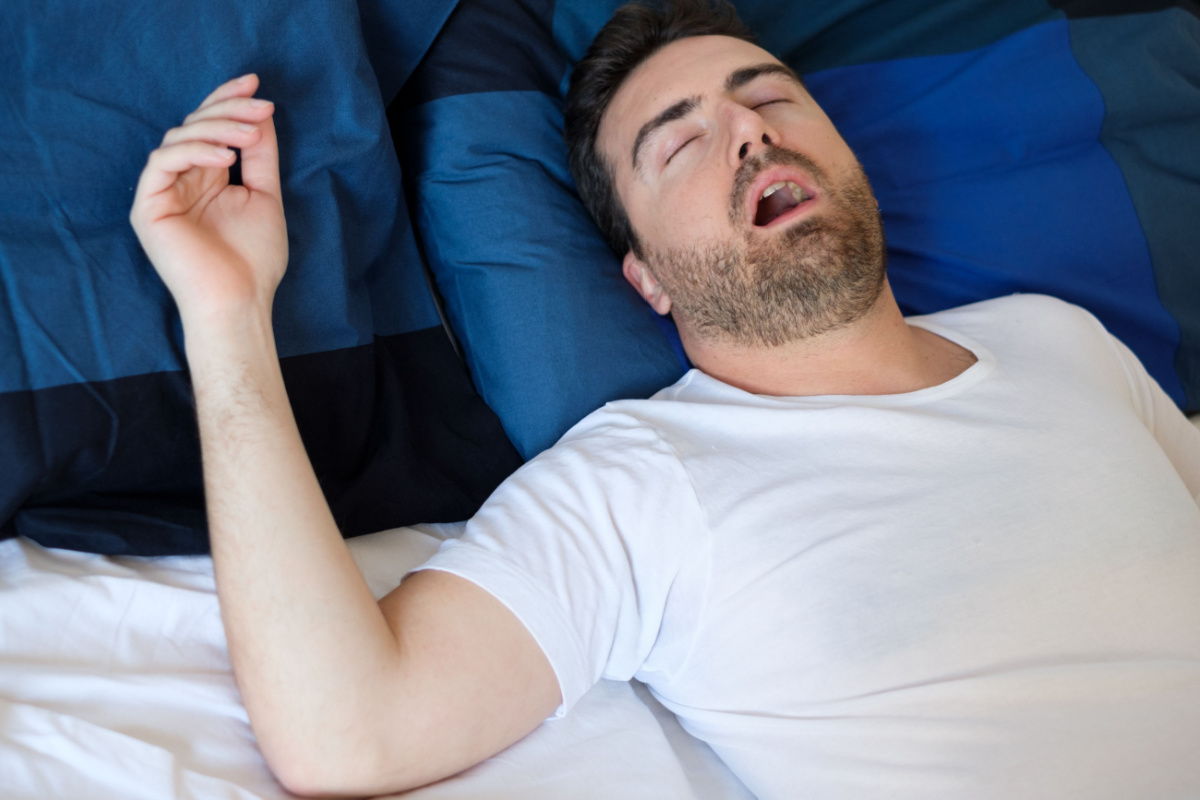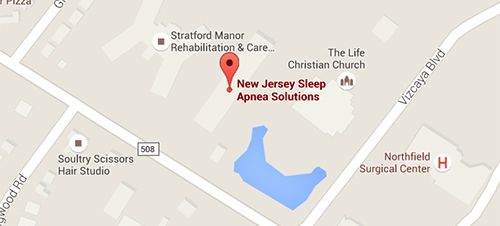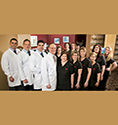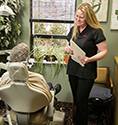Suspect You Have Sleep Apnea? Ask Yourself These Questions
Submitted by New Jersey Snoring Solutions on Mon 12/25/2023 - 09:00

Because of the nature of the disorder, sleep apnea is not always easy to observe in yourself. Many of the symptoms associated with the condition occur during sleep, and others could be simply overlooked. However, sleep apnea is a serious disorder that needs to be treated before it leads to other health concerns. Patients who suspect they may have the condition should see a qualified sleep specialist who can then diagnose them. However, there are often ways for patients to determine if sleep apnea may be the cause of their sleep-related problems. Below, Dr. Ivan Stein and Dr. Allan Stein of New Jersey Sleep Apnea Solutions explain the best questions to ask yourself.
Do I Snore?
Not all people who snore have sleep apnea, but the two are often linked. In fact, if you are a noisy sleeper in general (snoring, snorting, and gasping for air) it could indicate that your airway may be obstructed.
Has Anyone Mentioned Abnormalities in My Sleep?
It may be difficult to gauge if your symptoms are getting worse on your own, but because they are so noticeable, others may be able to tell you if you are exhibiting signs of sleep apnea. If your bed partner has mentioned that your snoring is getting worse, or if there are frequent pauses in your breathing, it could mean you are experiencing sleep apnea episodes. These disrupting breathing episodes are often interspersed throughout snoring and can occur numerous times while sleeping.
Am I Often Tired?
As mentioned above, when you stop breathing several times in the night, it can disrupt your sleep. Even if you are receiving a perceived full night’s sleep, these episodes can leave you feeling tired during the day. As this consistent daytime drowsiness persists, it could lead to changes in your mood and cognition.
Do I Have High Blood Pressure?
In addition to poor sleep quality, sleep apnea is linked to several serious health conditions that affect the heart, including high blood pressure. This is because, during healthy sleep, blood pressure naturally dips as the body rests. However, this does not take place normally in those with sleep apnea, increasing the risk of hypertension.
Sleep Apnea Risk Factors
Certain factors can contribute to the likelihood of sleep apnea, such as:
Excess weight: Carrying around excess weight can increase the risk of sleep apnea. Extra fat around the neck can obstruct breathing during sleep.
Being male: Men are more likely to suffer from sleep apnea than women.
Family history: If you have family members with sleep apnea, your risk could be increased.
Customized Sleep Apnea Treatment
If you think you may have sleep apnea, your first steps are to get a diagnosis, and then explore your treatment options with the sleep apnea experts at New Jersey Sleep Apnea Solutions. Customized treatment is available to help boost the quality of your sleep. Call now to schedule your consultation.







